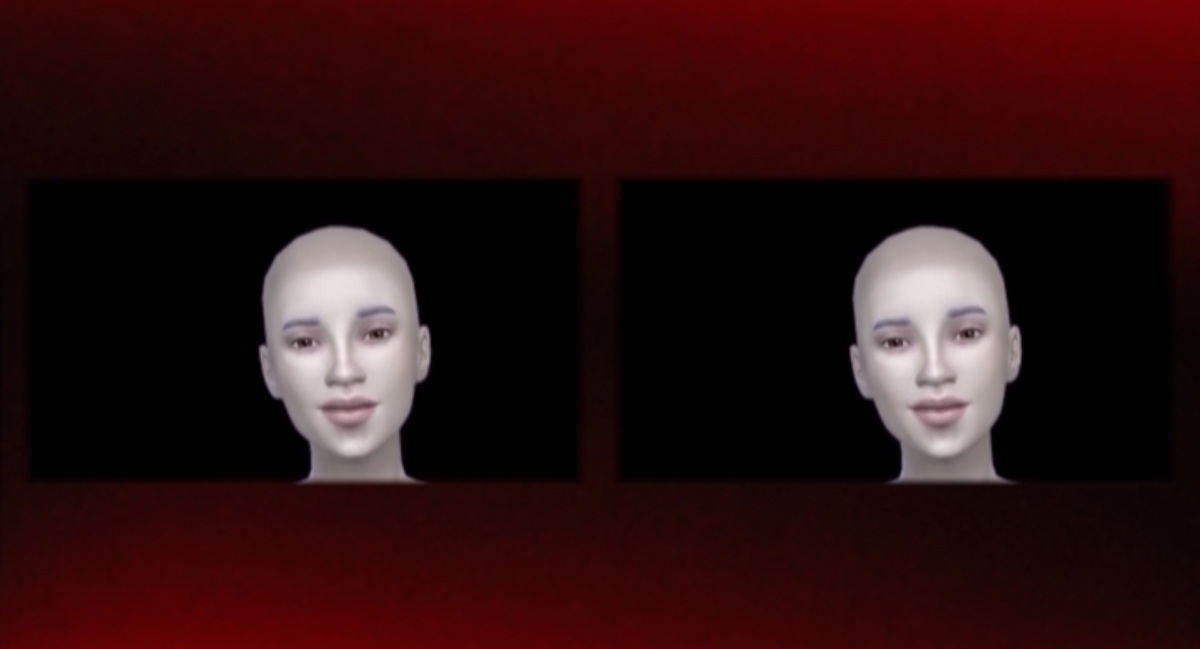Here We Ascend From Earth To Heaven
Jessica Morgan
In a world in where nothing is final or absolute, where truths are in constant negotiation and knowledge is contingent, the notion of stabilised existence becomes absurd. Rather we must uncover ways of thinking and being that align with this reality, that allow the ideal to move concertedly with the material nature of our existence.
The dialectical method offers a means by which we may examine the world, whereby objects and ideas are understood in relation to one another. This allows the subject to understand the world and its environment as evolutionary, in perpetual flux—an environment that necessitates adaptation and critical perception. This mode of understanding means that one must see everything in relation to everything, that there is no such thing as isolated existence or occurrence. With this is mind the notion of the solitary individual becomes illogical, individualism as a way of being and of structuring our socio-political landscape becomes detrimental. But in spite of this, the global turn to a postmodern-poststructural mode favouring the idea of the individual has given rise to the proliferation of phenomena such as neoliberalism, individual rights and the weaponisation of identity politics.
The ‘personal is political’ has played into the rampant individualism of the postmodern world—but individualism does not work to encourage an inclusive social well-being, rather it divides and fosters a competitiveness that has given rise to extreme economic disparity, poverty and an increasing mental illness epidemic.
N.b. if video autoplay is disabled in Safari, please right-click, then click ‘show controls’ to play.
View Here We Ascend From Earth To Heaven